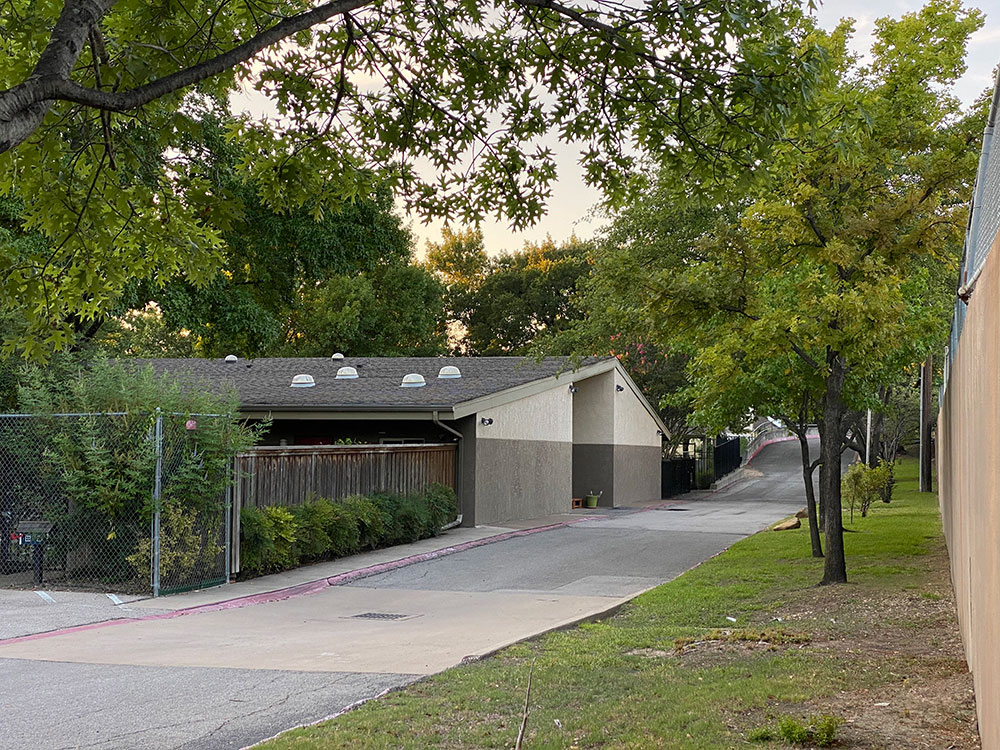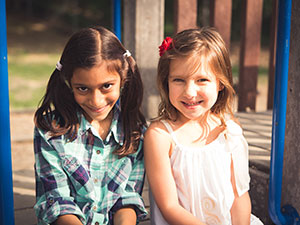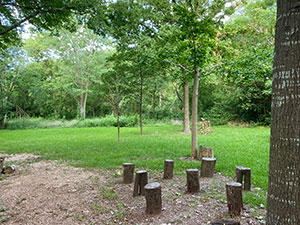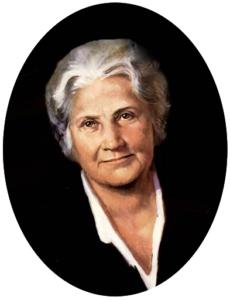The Montessori Difference
Montessori Children’s House and School (MCHS) was founded in 1970 as an Association Montessori Internationale (AMI) school. AMI is the longest-established, purest form of the Montessori philosophy.
MCHS focuses exclusively on children 3 to 6 years of age. This developmental period is widely regarded as critical in a child’s education, as it is the foundation for the child’s intelligence, personality, and character. This time of dramatic cognitive development is distinguished by a seemingly effortless ability by the child to absorb knowledge made available for discovery.
The mission of MCHS is to help each child reach his or her full potential in all areas of development. This goal is accomplished by creating a prepared environment that helps foster each child’s self-reliance and confidence. The nurturing of these characteristics helps the child become an independent, creative, problem-solving, lifelong learner.
There are a number of unique aspects to the Montessori classroom environment and philosophy.
One distinctive aspect of the Montessori approach is respect for each child’s individuality. The children receive new lessons on the classroom materials from the guide on an individual basis or sometimes in a small group, allowing each child to progress at his or her own rate.
Intrinsic to the Montessori method is the emphasis on explorative learning and helping the child develop the ability to make informed decisions. Montessori classrooms are designed to cultivate independence and resourcefulness. Montessori students are active learners who use specially designed materials to make discoveries that lead to intellectual and cognitive growth.
Parents are often surprised at the level of academic preparation that the children receive. However, Montessori is a whole-child approach that does not place academic progress over other important aspects of development, such as peer relations, motor control, or character traits like responsibility, empathy, and personal integrity.
Every child is a unique individual that needs to be understood, respected, admired and unconditionally accepted as a precious gift of life.—Dr. Maria Montessori
While the curriculum is self-paced and there is an emphasis on the importance of each child’s needs and personal growth, there is also an understanding of the child’s responsibilities as a contributing member of the classroom community and the development of social awareness. Overall, the Montessori approach is based on respect—respect for others, respect for the learning environment, and respect for one’s self.
For more on the Montessori difference, please see this short video by Trevor Eissler. Trevor is a pilot, author, speaker, and a parent advocate for Montessori education. His book Montessori Madness! A Parent to Parent Argument for Montessori Education is the story of his family’s fascinating discovery of the Montessori method.








